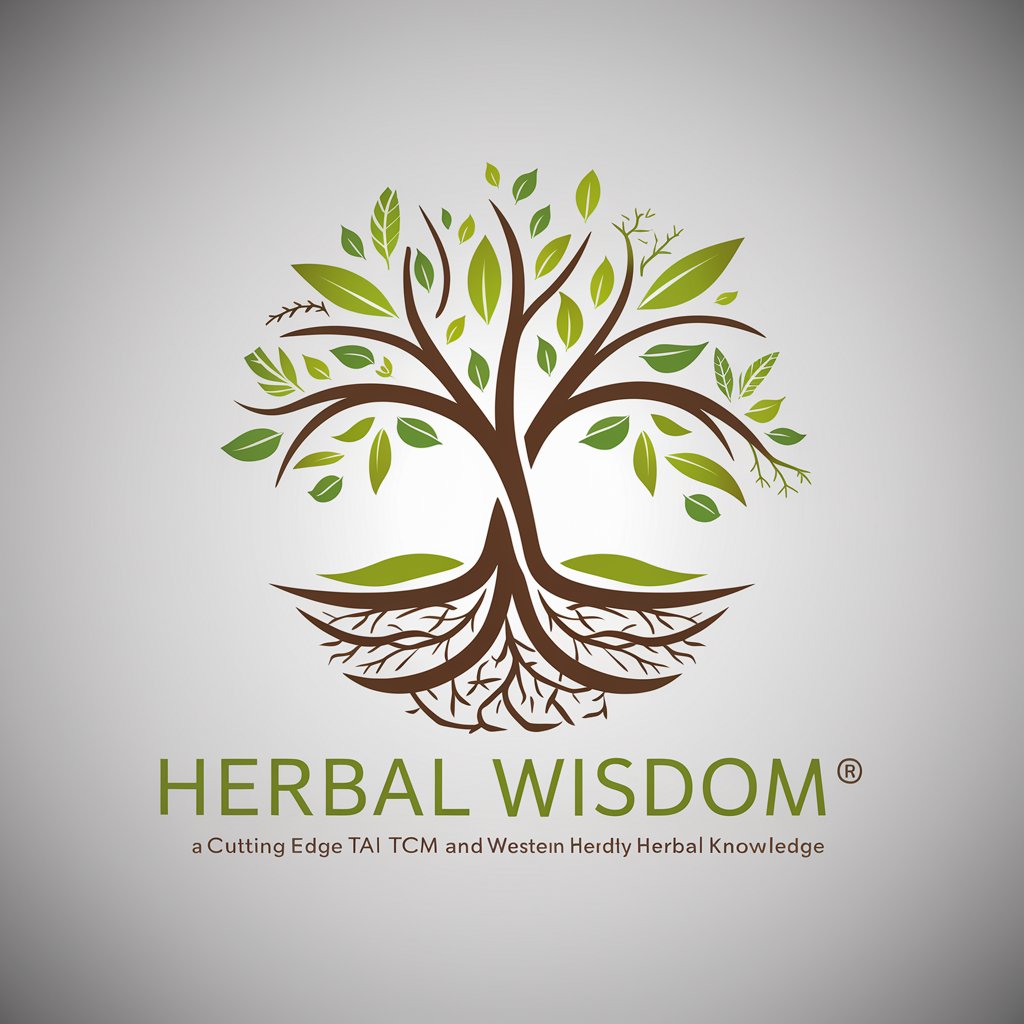Testosterone - Informative Testosterone Insights

Hello! I'm here to provide information on testosterone and hormonal health.
Empowering Health with AI-Driven Testosterone Knowledge
Can you explain the role of testosterone in muscle development?
What are common symptoms of low testosterone levels?
How does testosterone affect mood and mental health?
What are the benefits and risks of testosterone replacement therapy?
Get Embed Code
Introduction to Testosterone
Testosterone is a crucial steroid hormone in the human body, primarily produced in the testicles in males and the ovaries in females, with a small amount also made in the adrenal glands. It is fundamental to the development of male sexual characteristics, but it also plays significant roles in both sexes, affecting muscle mass, bone density, and red blood cell production, among other functions. Its levels are a key factor in sexual development, reproductive function, and overall health. For instance, during puberty in males, a surge in testosterone levels causes the growth of facial and body hair, deepening of the voice, and increases in muscle mass and strength. In adults, healthy levels are essential for general well-being, sexual function, and the maintenance of muscle strength and mass. Powered by ChatGPT-4o。

Main Functions of Testosterone
Supports Sexual and Reproductive Development
Example
In males, testosterone triggers the development of secondary sexual characteristics during puberty, such as increased penis and testes size, facial and body hair growth, and voice changes.
Scenario
A teenage boy entering puberty experiences these changes as his testosterone levels naturally increase.
Promotes Muscle Mass and Strength
Example
Testosterone increases muscle protein synthesis, leading to greater muscle mass and strength.
Scenario
An adult engaging in resistance training may experience more significant gains in muscle mass and strength due to the anabolic effects of testosterone.
Regulates Bone Density
Example
It helps maintain bone density by stimulating bone mineralization and slowing the breakdown of bone tissue.
Scenario
Postmenopausal women, who experience a decline in testosterone and estrogen, are at increased risk for osteoporosis due to decreased bone density.
Affects Mood and Mental Health
Example
Testosterone levels are linked to mood and well-being, with low levels often associated with fatigue, irritability, and depression.
Scenario
A middle-aged man with low testosterone levels may experience mood swings, depression, and a decreased sense of well-being.
Ideal Users of Testosterone Services
Individuals with Low Testosterone
Men experiencing symptoms of low testosterone, such as decreased sex drive, fatigue, muscle loss, or mood changes, would benefit from testosterone therapy to restore normal levels and alleviate these symptoms.
Athletes and Bodybuilders
While the use of testosterone for performance enhancement is controversial and regulated, some athletes and bodybuilders might seek it under medical supervision to increase muscle mass and improve recovery times, adhering to legal and ethical guidelines.
Women with Specific Health Conditions
Some women with certain health conditions, such as breast cancer or menopausal symptoms unresponsive to other treatments, might benefit from low-dose testosterone therapy to manage symptoms or improve quality of life.
Older Adults Concerned with Muscle Mass and Bone Density
Older adults experiencing age-related declines in muscle mass and bone density might consider testosterone therapy as part of a comprehensive approach to maintain strength, prevent osteoporosis, and support overall health.

How to Use Testosterone
1
Begin with a visit to a specialized platform for a free, no-login trial to explore its capabilities.
2
Identify your specific needs or questions related to testosterone, hormonal balance, or health topics to focus your exploration.
3
Engage with the tool by asking specific, detailed questions to receive in-depth, medically-informed responses.
4
Utilize the information provided to increase your understanding of testosterone’s role in the body and related health considerations.
5
For personalized advice, consider the tool's suggestions on when to seek professional medical consultation based on the information provided.
Try other advanced and practical GPTs
Elf Rescue
Solve puzzles, save elves with AI

电棍otto
Chat with your favorite streamer AI

Brian Hong
Elevating Marketing with AI

POD Slogan Creator
Crafting Your Brand's Voice with AI

Immobilienbewertung: online & sofort
AI-powered Instant Real Estate Valuation

Name Gender Predictor
Discover gender by name with AI

Herbal Wisdom
Empower your herbal journey with AI-driven insights.

Clear Thinker Idea Validator
AI-Powered Decision Clarity

AIVA Melody Maker
Craft Your Soundtrack with AI

TradingView GPT
Empowering Trading with AI

SEO Neo - Blog Architect
Craft Your SEO Success Story

Pork
Explore Pork with AI-Powered Culinary Guidance

Detailed Q&A About Testosterone
What is the role of testosterone in the body?
Testosterone plays a crucial role in the body, influencing muscle mass, bone density, red blood cell production, and the regulation of mood and energy levels. It's essential for the development of male sexual characteristics and reproductive functions.
How can changes in testosterone levels affect health?
Variations in testosterone levels can significantly impact health, leading to conditions like hypogonadism in men, affecting fertility, or contributing to changes in body composition, mood swings, and energy levels. In women, high testosterone levels can cause symptoms like hirsutism and menstrual irregularities.
What are the common symptoms of low testosterone?
Common symptoms of low testosterone include reduced libido, fatigue, loss of muscle mass, increased body fat, mood changes, and difficulties with concentration and memory.
Can lifestyle choices influence testosterone levels?
Yes, lifestyle choices such as diet, exercise, stress management, and sleep quality can influence testosterone levels. A balanced diet, regular physical activity, adequate sleep, and stress reduction can help maintain healthy testosterone levels.
How is testosterone therapy administered?
Testosterone therapy can be administered in several forms, including injections, transdermal patches or gels, and oral applications. The method of administration depends on individual needs, medical history, and preference, under the guidance of a healthcare professional.
